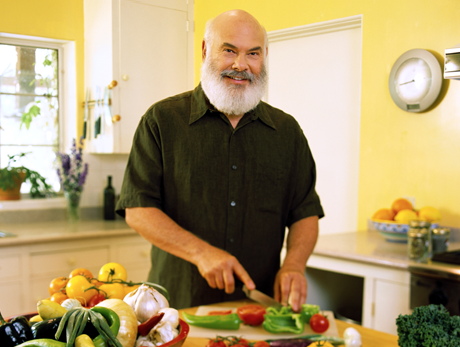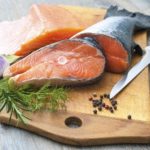Food & Breast Cancer: What To Eat, What To Avoid

Diet and nutrition can play a significant role in the chances of developing breast cancer, especially if you have a family history of the disease. Keep the following in mind when it comes to diet and breast cancer.
Unhealthy dietary tactics:
- Excess sugar and processed foods. It’s a top recommendation for protection for all cancers but particularly breast cancer. Do not move to the non-caloric or artificial diet sweeteners, either. Focus on whole foods and moderate sweetness from natural sources like raw honey or 100% maple syrup.
- Eating too much fat. Keep your dietary fat content moderate – below 25 percent of your daily calories is ideal.
- Consuming polyunsaturated omega-6 fats (including many vegetable oils), and hydrogenated oils (margarines and vegetable shortenings) can all increase cancer risks as they are inflammatory. Minimize consumption of all sources, most of which come from processed and packaged foods as well as most salad dressings and mayonnaise-based foods.
- Drinking alcohol. Even in modest amounts, alcohol consumption is associated with an increased risk of breast cancer. Opt for sparkling water “mocktails” with a splash of real squeezed or steeped fruit. If you are a daily drinker, consider a more moderate approach to limit your exposure.
- A daily intake of conventionally raised meat, poultry, eggs and dairy products. These may contain hormone residues that influence estrogen metabolism. Replace with organic, hormone-free versions that come (ideally) from local farms that can share their farming practices with you.
Dietary tactics to follow:
- Use healthy fats: Monounsaturated fats found in a high quality, extra virgin olive oil, and polyunsaturated omega-3 fats from freshly ground flaxseed and oily fish such as wild Alaskan salmon and sardines may help reduce your risk of developing breast cancer.
- Include whole, organic soy products in your diet. Soy foods contain many cancer-protective substances, including isoflavones. Try to eat one to two servings of whole, organic soy-based foods a day, such as edamame, tofu or tempeh.
Eat more fruits and vegetables! Especially cruciferous vegetables such as broccoli, bok choy and cauliflower, which contain many different cancer-protective phytonutrients. If you have never oven roasted them after tossing in olive oil and a bit sea salt, you are missing out! Cruciferous veggies should be a daily habit for you, so seek varieties of preparation to keep things interesting.
Today’s Health Topics
Editor's Pick
Health Focus
Ask Dr. Weil's Q&A
| sponsor | ||
 |
||
|
||
|











